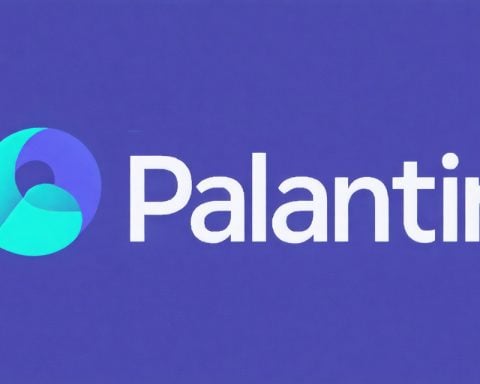Bitcoin mining is an essential activity that secures the Bitcoin network and validates cryptocurrency transactions. At its core, mining involves complex computations performed by powerful computers to confirm and record transactions on the blockchain. This process not only generates new bitcoins but also maintains the integrity and decentralization of the network.
Individuals interested in mining can choose from various methods, including ASIC, GPU, and CPU mining. However, ASIC mining is recognized as the most effective due to its specialized design for this exact purpose. To initiate mining, one must acquire suitable hardware, reliable mining software, and a secure wallet for storing bitcoins.
The mechanics of mining revolve around solving cryptographic puzzles. Miners compete to create a valid block of transactions, and the first to succeed is rewarded with newly minted bitcoins and transaction fees. This competition ensures the system remains decentralized, as it does not depend on a single entity for transaction verification.
Furthermore, mining operates on a Proof-of-Work (PoW) mechanism, which entails significant energy consumption and raises discussions about its environmental impact. As miners contribute computational power, the bitcoin network adjusts the mining difficulty every two weeks to regulate the speed of block creation. Initially, the process was accessible to anyone with a personal computer, but growing difficulty levels have since necessitated advanced equipment for effective mining.
Essential Tips and Life Hacks for Bitcoin Mining
Bitcoin mining has become increasingly popular, yet it presents a steep learning curve for novices. If you’re interested in diving into the world of cryptocurrency mining, here are some valuable tips, life hacks, and interesting facts to help you along the way.
1. Choose the Right Mining Hardware
The type of mining hardware you use can greatly impact your mining success. While ASIC miners are the most efficient, they can also be expensive. Consider starting with GPU mining if you’re on a budget, as it can provide a decent earning potential without the hefty initial investment. Learn more about mining hardware.
2. Find a Reliable Mining Pool
Joining a mining pool can significantly improve your chances of earning bitcoins. Instead of mining solo, you can combine your computational power with other miners to increase the likelihood of solving blocks and receiving rewards. Look for pools with a strong reputation, transparent fee structures, and reliable payouts.
3. Stay Updated with Mining Software
Regularly update your mining software to ensure optimal performance. Updates can include critical security fixes, improved mining algorithms, and enhancements that can boost your revenue. Popular mining software such as CGMiner and BFGMiner offer user-friendly interfaces and are constantly updated by their communities.
4. Monitor Your Energy Consumption
Bitcoin mining can consume a considerable amount of electricity, leading to higher utility bills. To mitigate these costs, invest in energy-efficient hardware and consider using renewable energy sources if possible. Monitor your energy consumption with tools like Kill A Watt or similar devices to calculate your real costs versus earnings.
5. Secure Your Wallet
Storing your mined bitcoins securely is imperative. Use hardware wallets, which are immune to online hacks, to store your funds safely. Always keep your wallet software up to date and enable two-factor authentication for added security. Explore security measures for cryptocurrency storage.
Interesting Fact: The Difficulty Adjustment
The Bitcoin network adjusts mining difficulty every 2,016 blocks, or approximately every two weeks, based on the computational power available. This mechanism helps regulate the rate at which new blocks are created, maintaining the supply of bitcoins and ensuring stability in the network.
6. Be Aware of Local Regulations
Before you start mining, familiarize yourself with the regulations surrounding cryptocurrency mining in your country or region. Some places impose restrictions or require permits for mining operations, so it’s crucial to stay compliant to avoid legal issues.
7. Stay Educated with Online Resources
The world of cryptocurrency is constantly evolving. Minimizing risks and maximizing profitability requires ongoing education. Engage with reputable online resources, forums, and communities to stay informed about the latest trends and technologies in Bitcoin mining. Check out Bitcoin’s official website for resources.
By applying these tips and being aware of the intricacies involved in Bitcoin mining, you can enhance your mining experience and potentially increase your earnings while enjoying the fascinating world of cryptocurrency. Whether you’re a novice or an experienced miner, knowledge and preparation are key to success in this dynamic field.






















